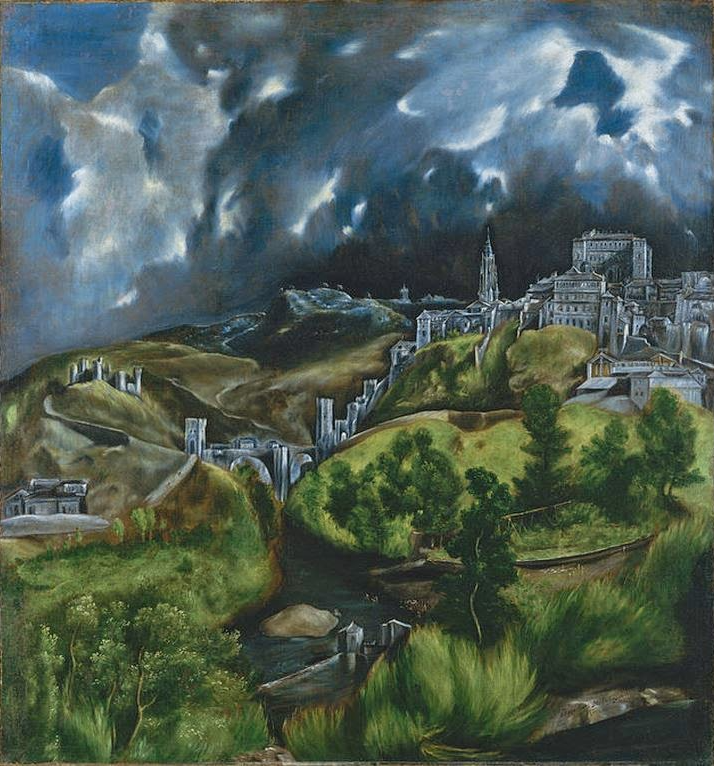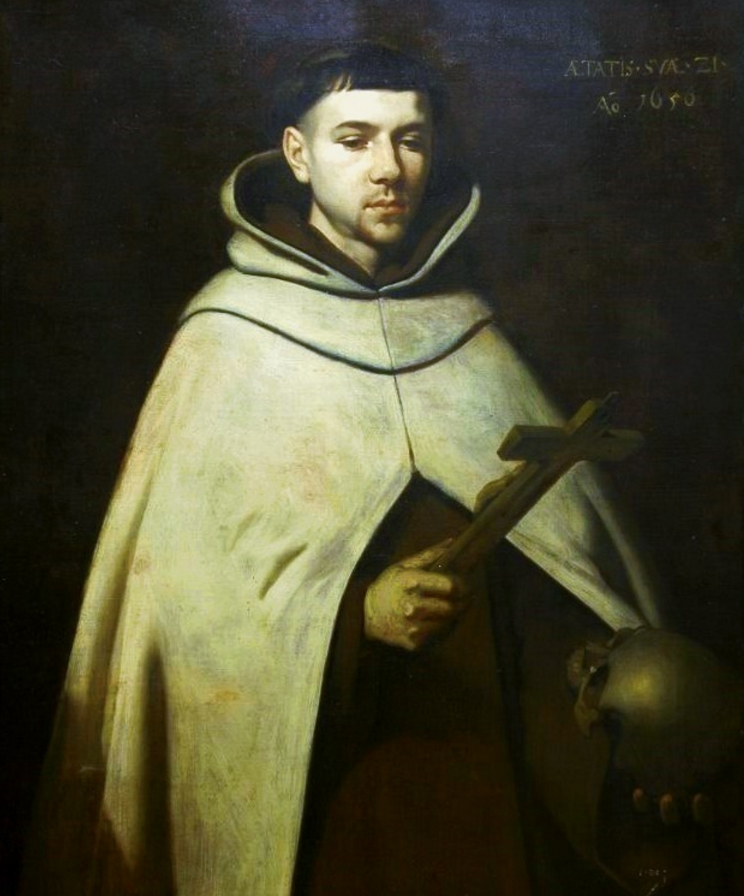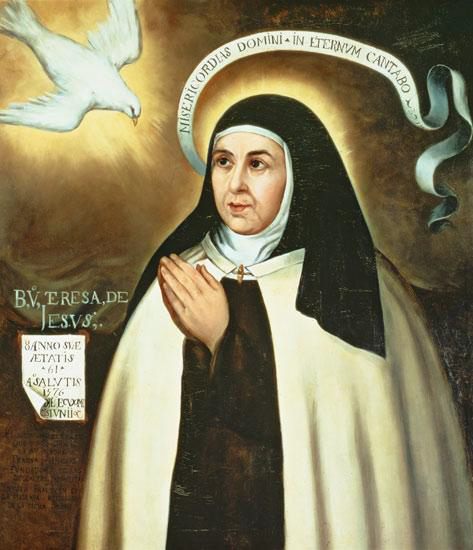The chirurgeon (surgeon), who, although a morisco [Moorish convert], was an illustrious physician, confided to me that my charge (St John of the Cross) was at death’s door and had been so for some time. Grievous harm had been done to him. When I told the Venerable Fray Juan (St John of the Cross) of this, he replied that those who have yet to fulfill their obligations to Our Lord Jesus Christ do not die. And he said he still had some work to do before going to meet his Maker. Nor did he die then, though there were times when I thought he was on the point of doing so. The dried sardines he had been fed on in prison had rotted his stomach and made him bilious. There were times when he could not even keep down milk, only some stewed pears that were sent from the convent. Yet despite his infirmity, he was never too sick or too tired to pick up his pen and work on some verses he had written in prison, going over them again and again until he was satisfied. Of these I can recall “The Spiritual Canticle” and “The Dark Night”, which I would often read in the evening to the mutual benefit of our souls. If there is anything on which I can fault him it is in this, that now and then, he stood a little in want of modesty as to his skill as a poet. But he would presently become sensible of it and repent, on occasion to excess. Once he went so far as to fear that it was all vain and foolish nonsense and told me he had a good mind to tear it up. I replied that if he did, I would give him up to the Calced so that they might teach him humility and truthfulness. He obeyed me. Nor could he have done otherwise, for during that time I was his confessor, there being no other. And without breaching the confidentiality of the confessional, I can divulge that no monastery ever surpassed the devotion that reigned in my house during those months. Besides the coachmen and grooms, my household consisted of a pair of maidservants, a doorkeeper and her niece, and another two or three servants. Some of them knew who my guest was. Others did not. But none of them would have denounced him-not out of respect for me, but because of the devotion he inspired in them. We celebrated Mass in a small oratory in the west wing. And when it fell to Fray Juan to officiate, my servants would quarrel about whose turn it was to attend, whereas if I was the celebrant, I had to remind them that it was Sunday or a feast day. He confided to me that during his imprisonment he had felt the deprivation of the Eucharist more keenly than that of food and that the Consecration was now attended by many special favors from the Lord. On one occasion, as he raised the Host, we saw him rise a little way off the ground. But he denied this, saying that we had imagined it and that on no account were we to speak of it.
When he heard that the troubled waters between the Calced and the Discalced were calm once more, he told me it was time to go. He set off for Almodóbar, where a chapter had been convoked for the month of October of the same year, 1578. I did my best to persuade him to stay, his health as yet being only slightly improved. He replied that his only reason for doing something as unseemly as to escape from prison by sliding down a rope had been so that he might play his part in the Reform of the Order. In view of this, he could not in good conscience pass up such an opportunity. I felt his departure keenly. And, but for my advanced years and the attractions of a life of ease, to which I had become too accustomed, I would have followed him.
Fire of Love: A Historical Novel about Saint John of the Cross by Jose Luis Olaizola







Recent Comments